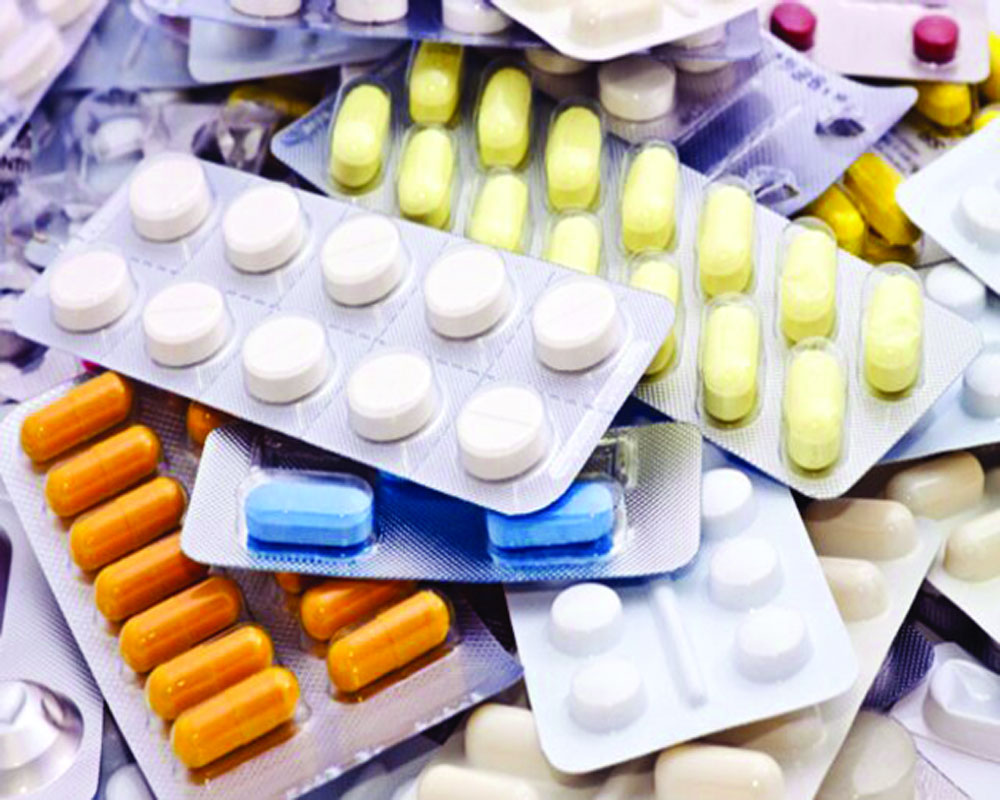Indian pharmaceutical companies have immense potential to increase their share in the $1.4 trillion global pharma industry
The global pharmaceutical space has witnessed massive evolution in the last three years, following the pressure mounted by the COVID-19 pandemic. Within a short period, India — as one of the world's leading pharmaceutical producers— has embarked on an ambitious project towards becoming the quality pharmacy of the world. Now valued at about $50 billion, and supplying generic drugs and vaccines used in the United States, the UK, Africa, and many other parts of the world, the Indian pharma industry has truly come of age.
The importance of India's pharma industry to the world is also heavily felt in the fight against viral diseases like HIV/AIDS, supplying around 80% of all antiretroviral drugs globally. While these are commendable feats achieved by impressive policies and the ingenuity of local drug producers and Contract Development and Manufacturing Organisations (CDMOs), there's still a lot to do as India's pharma turnover is only about 3% of the $1.4 Trillion global pharma industry.
At the moment, India ranks 14th on the global pharmaceutical industries' index, in terms of value, supplying quality medicines both for domestic and global markets.
R&D through PLI
The government of India has set its sights on the Atma Nirbhar agenda, introducing policies and programmes to grow the sector. Since 2020, the government has introduced several schemes to support the industry, with many of them focused on promoting research and development. These include the Production-linked Incentive (PLI) scheme for the Promotion of Domestic Manufacturing of Critical Key Starting Materials (KSMs)/ Drug Intermediates and Active Pharmaceutical Ingredients (APIs).
The scheme was introduced to support local production of KSMs and APIs in India to stop the country's dependence on China and other countries, as well as encourage R&D and innovation among local drug manufacturers. Also introduced were the PLI Scheme for pharmaceuticals in 2021 and the scheme for Strengthening of Pharmaceuticals Industry (SPI) in 2022. With an overall aim to transform India into the global pharma leader, the SPI scheme seeks to improve productivity, quality, and sustainability in pharma manufacturing companies.
There is also the scheme for bulk drug parks which was gazetted in 2020. In September 2022, the Department of pharmaceuticals approved the set-up of bulk drug parks in Gujarat, Himachal Pradesh, and Andhra Pradesh in a bid to support the manufacturing of bulk drugs in the country.
Strengthened regulatory framework for improved quality and processes
Although the SPI scheme specifically targets regulatory controls as well, there are other specific steps the government has taken in recent years to address long-standing issues. This includes increasing the scope of price control for drugs as well as devices. Recent moves to ensure extensive checks and approvals are obtained for drugs, including the syrup guideline recently issued as well as the bioequivalence studies required for all drugs, category II and category IV are also geared towards achieving the best quality output to meet global standards.
Lastly, while centres like the Delhi Pharmaceutical Sciences and Research Institute, the National Institute of Pharmaceutical Education and Research, and other universities have been strengthened in recent years, a recent announcement by the government to identify and empower centres of excellence to undertake research in moonshot areas is laudable, and can further catalyse the growth the industry so needs to take its rightful place in the world. A joint effort of industry and academia can make Indian Pharma Industry the quality pharmacy of the world.
(The writer is Jt. Managing Director, Akums Drugs & Pharmaceuticals; views are personal)


























